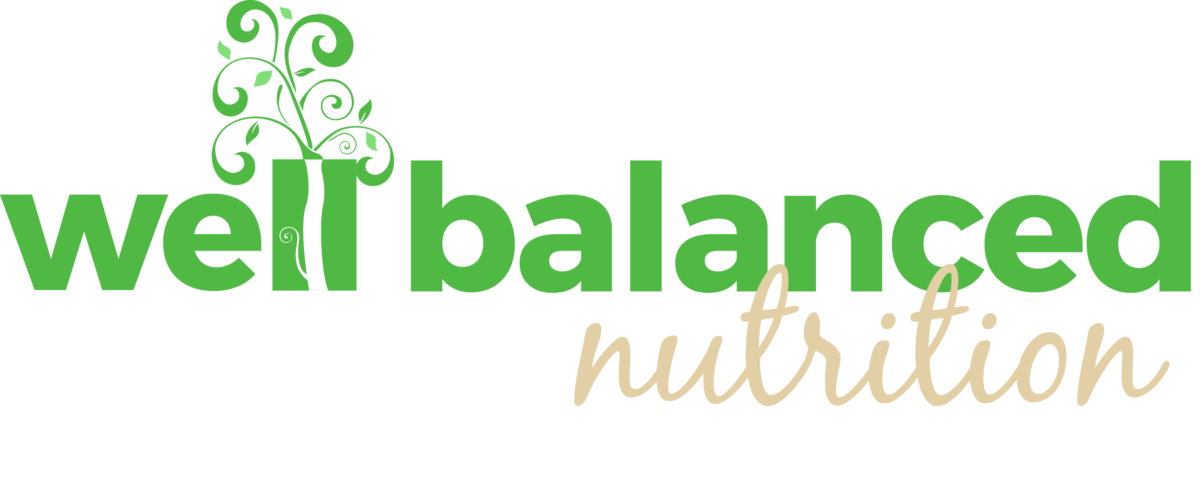What can we do to keep those junctions tight?
One way to approach a suspected leaky gut is to address inflammation and eat a more gut-friendly diet. This means reducing excessive alcohol and processed foods that tend to be high in fat and sugar or artificial sweeteners, adding in gut friendly foods, and focusing on fiber and plant diversity.
It’s also a good idea to avoid foods that you’re allergic or sensitive to. For example, if you have been diagnosed with celiac disease, you want to be sure to stay away from gluten to avoid an inflammatory response. Or if you are lactose intolerant, it is best to avoid dairy products with lactose.
Instead, enjoy more foods rich in gut-friendly probiotics and fiber which is a prebiotic, or food for your friendly gut microbes. These include:
- yogurt or kefir
- fermented foods/drinks (e.g., kimchi, kombucha, sauerkraut, and miso)
- fruits and vegetables (e.g., berries, grapefruit, broccoli, cabbage, leafy greens)
- nuts and seeds (e.g., walnuts, cashews, and chia seeds)
- whole grains (e.g., oats, corn, and quinoa)
- prebiotic foods such as
- onions
- oats
- garlic
- green bananas (or right when they turn yellow)
- asparagus
- potatoes
There are also foods with phytonutrients that have proven to help heal the gut and maintain gut health. For example, ellagic acid found in pomegranate, feeds the good bacteria that help protect the gut by maintaining the biofilm in our gut that prevents leaky gut. Sulforaphane in cruciferous veggies (cabbage, kale, broccoli, cauliflower, etc) also feeds the good bacteria that are responsible for maintaining a healthy digestive system. Green tea is packed with phytonutrients that are great for the gut.
Pro Tip: If you’re going to proactively increase your fiber intake, do it over several days or weeks because sudden increases in fiber can cause gas, bloating, and other gut discomfort. If you have IBS, talk to your doctor, or friendly Well Balanced Dietitian, to see if certain fibers may worsen your condition and which are recommended.
If you plan on making changes to your diet and lifestyle, consider keeping a journal to help see if the changes are helping your symptoms.
However, it’s not all about nutrition. Having healthy stress management tools is an important piece in keeping our guts healthy. Whether that is meditation, journaling, spending time in nature, exercise, or another activity that brings you joy. Regular exercise helps maintain the health of your digestive system. This means even a 15- or 20-minute walk after you eat to help you digest your food can have positive effects. And don’t forget the importance of sleep quality and avoiding tobacco products!
It’s not you, it’s your gut
When it comes to leaky gut, a few simple shifts toward a gut-friendly diet can help you tighten those junctions, reduce inflammation, and get rid of unwanted symptoms.
A leaky gut is associated with gut and non-gut symptoms. It’s an inflammatory condition that has been linked to metabolic disorders, autoimmune conditions, and even mental health. There are certain laboratory markers, stool sample tests, and the Cyrex 2 array test to help diagnose leaky gut. And remember, this is still a rather new area of research, so more information emerges all the time.
In the meantime, if you have symptoms that suggest a leaky gut, you can move toward a more gut-friendly diet. Try cutting down on alcohol, processed foods, and anything that you may be allergic or sensitive to. Replace these foods and drinks with ones higher in gut-friendly probiotics and fiber. And remember that regular exercise, stress management, and quality sleep are great lifestyle strategies for your gut and the rest of your body.
And of course, your Well Balanced coaches are here to help you! Click here to book a complementary call today!



